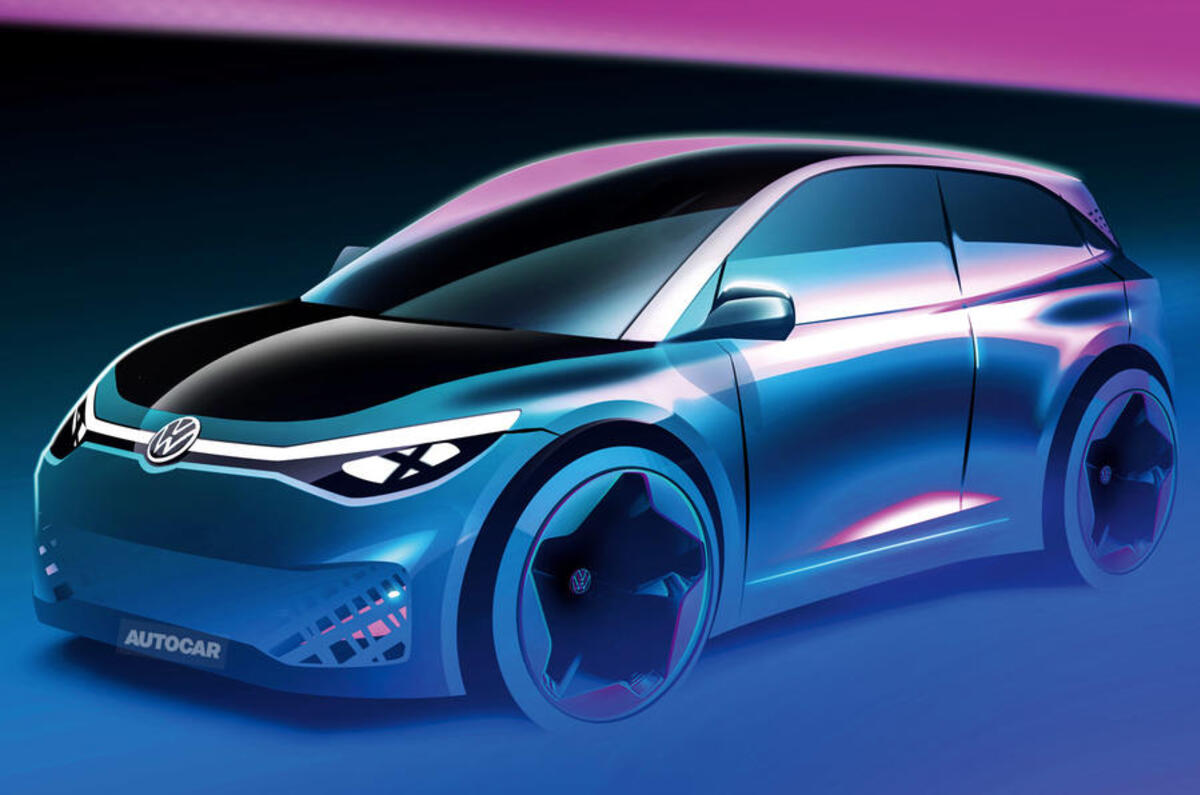You needn’t delve far into history to understand the disquiet sparked by Volkswagen Group (VWG) CEO Herbert Diess’s recent bold assertion that his firm wants to battle with Tesla to become the world’s biggest EV manufacturer by 2025.
Similar rhetoric was common at VWG in the years prior to Dieselgate, and while the reasons for the deceit that caused that scandal are many and varied, that quest for world domination leading to total humiliation is as towering an example of corporate hubris as you will find.




Add your comment